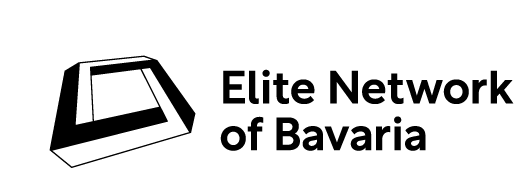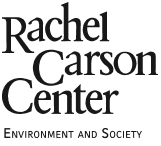The Um(Welt)Denken program works in cooperation with leading educational and cultural institutions. Find out more about our partners and what they offer:
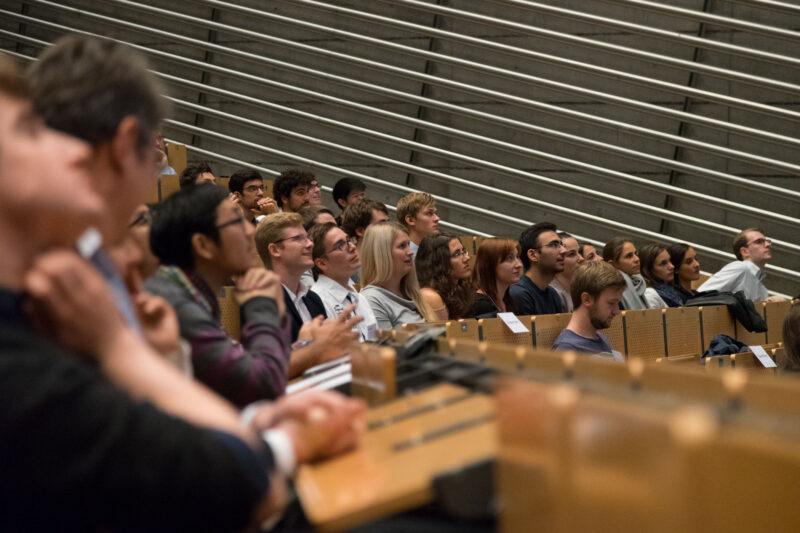
Florian Freund
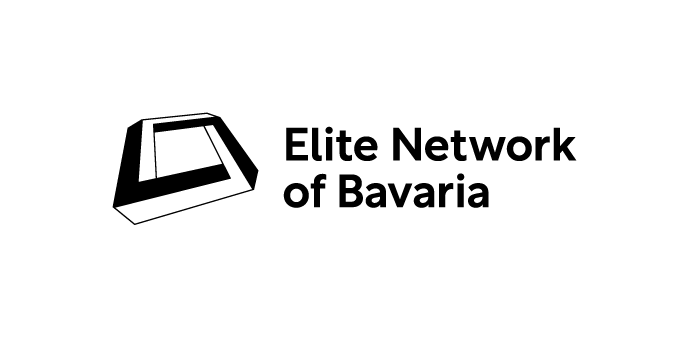
The Elite Network of Bavaria (ENB) supports talented young scholars from all around the world through a series of attractive and coordinated funding programs. Founded in 2004 by the Free State of Bavaria, the ENB provides students of outstanding academic performance with the ideal conditions for research, and affords Bavarian universities the freedom to establish courses that transcend conventional structures.
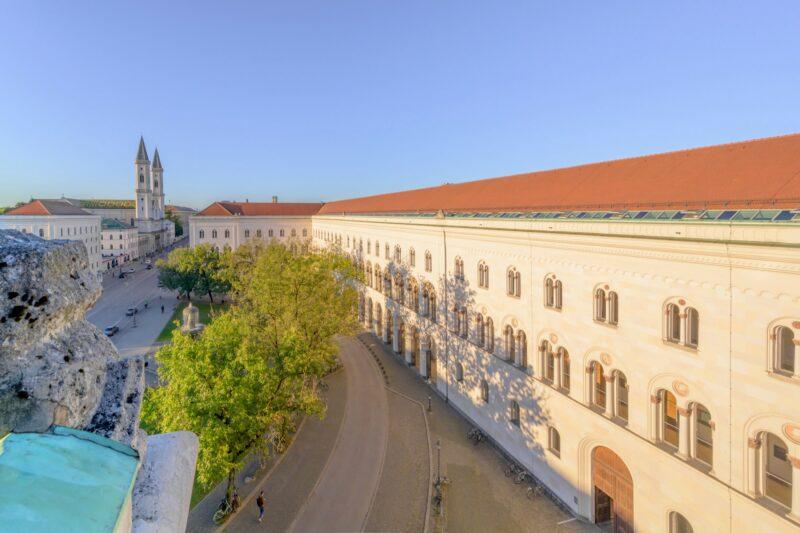
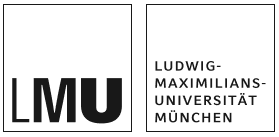
The Ludwig-Maximilians University in Munich is a leading research university in Europe. Since its founding in 1472, it has been committed to the highest international standards of excellence in research and teaching. LMU’s faculty and students have crossed borders to carry out research, teach and study abroad. The work in its libraries, laboratories and lecture halls has been enriched by international perspectives and diverse approaches. Today, the LMU maintains more than 600 cooperation agreements with partner universities around the globe.
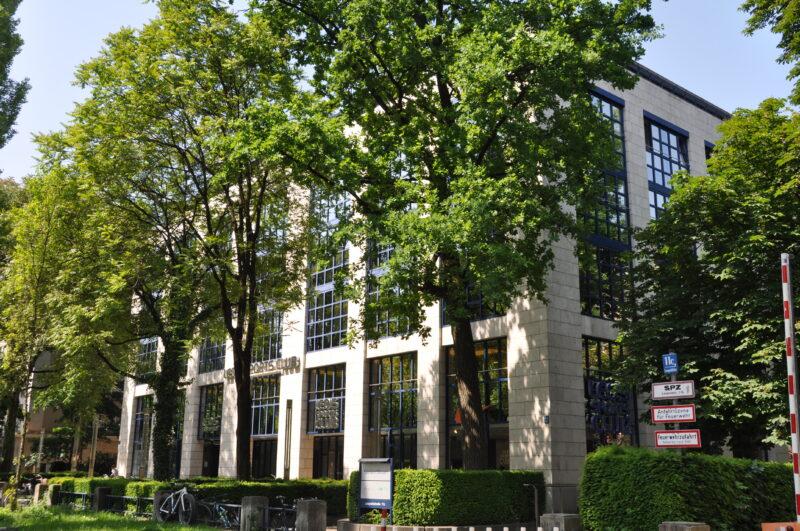
The Rachel Carson Center for Environment and Society (RCC) is an international center dedicated to the study of environment and society from a wealth of different disciplines and international perspectives. A nonprofit institution, the RCC was founded in 2009 as a joint initiative of Ludwig-Maximilians University in Munich and the Deutsches Museum, funded by the Federal Ministry of Education and Research (BMBF) as a Center for Advanced Study (Käte Hamburger Kolleg). The RCC has since evolved into a permanent center directed by LMU Munich’s Chair in American Cultural History. It features various graduate programs: a structured doctoral program “Environment and Society” (ProEnviron), an MA certificate in Environmental Studies, a newly introduced MA in Environment in Society, and the International Doctoral Program (IDK) Rethinking Environment. The Center hosts numerous research projects, funded by the German Research Foundation (DFG), the European Research Council (ERC), the Volkswagen Foundation, the Federal Ministry of Education and Research (BMBF), among others. It also hosts visiting scholars, international Landhaus Fellows, and visiting doctoral students. The Center’s over 300 postdoctoral and professorial alumni have formed the Society of Fellows.
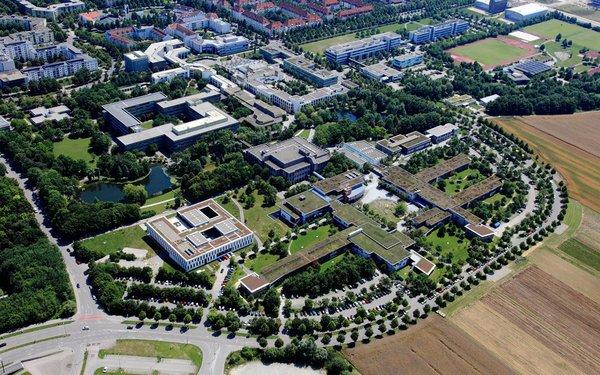

The University of Augsburg is a comparatively young university. It was founded in 1970 by the Free State of Bavaria as a “Reformuniversität”( Reform university). The university has successfully used the associated opportunities to develop dynamically and orientate its own profile to the challenges of the present and future.
Initially concentrating on law, economics, social sciences, and the humanities, the University of Augsburg has continually added and developed promising fields of natural and technical sciences. Since the establishment of its eighth faculty, a medical faculty, the university offers a complete spectrum of subjects and study programs.
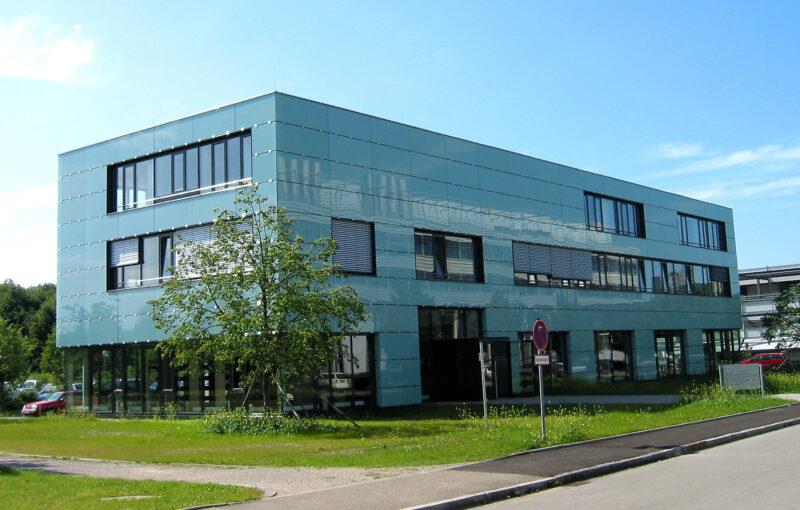

The Wissenschaftszentrum Umwelt (WZU) is a central scientific institution at Augsburg University that promotes interdisciplinary research and teaching. The focal points of our research activities are the Environmental Humanities, Environmental Health Sciences, Resource Strategies, Narratives of Substances (Stoffgeschichten), and science communication. It conducts practical (research) projects in local environments and develops solutions, together with partners from business and industry, the public and administrative sectors, and from extra-university research institutions. The WZU has set standards in the inter- and transdisciplinary Environmental Sciences and works as an interface between the research conducted at Augsburg University, various partners in industry, and local authorities / NGOs active in the environmental sector.
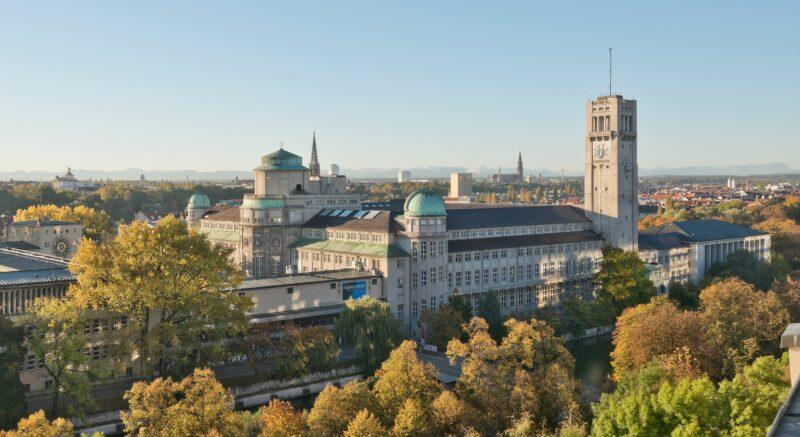
Deutsches Museum

With around 28,000 exhibited objects from around 50 areas of natural science and technology, the Deutsches Museum in Munich is one of the largest natural science and technology museums in the world and the most visited museum in Germany. What makes the Deutsches Museum so special is the wide range of programs for different target groups: lectures on current science topics, highlight tours, hands-on programs, and laboratory offers for adults.
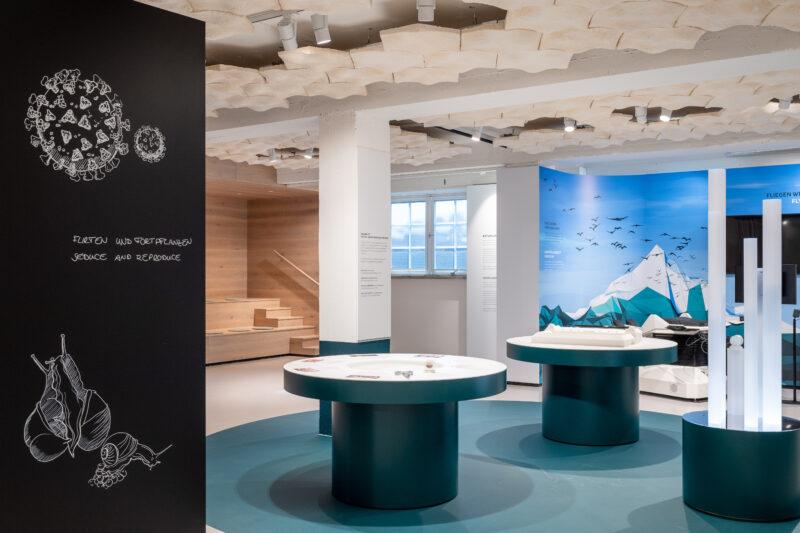
Photo by Andreas Heddergott
Biotopia Naturkund Museum Bayern

The BIOTOPIA Naturkundemuseum Bayern is being built in Munich-Nymphenburg as a 21st-century life sciences museum and future forum for science communication. It will expand and reinvent the existing Museum Mensch und Natur. The BIOTOPIA founding team is working to bring together researchers, scientific institutions, and the general public. With exhibitions “Made in Bavaria”, the BIOTOPIA museum wants to make the Bavarian research landscape as internationally visible as the natural history treasures of Bavaria. A first impression is already given by the BIOTOPIA Lab in the Botanical Garden, Munich. Curiosity, empathy, and action are the guiding principles of BIOTOPIA’s mission & vision.
